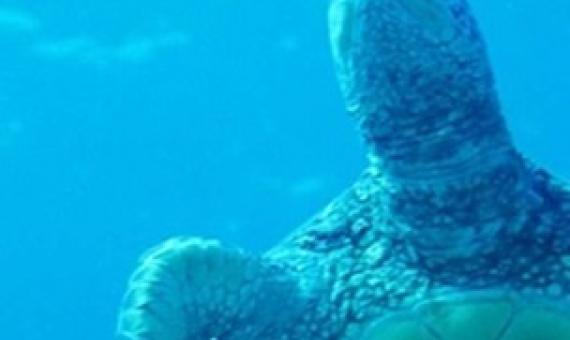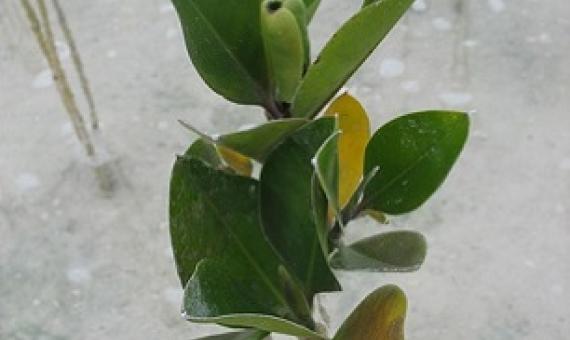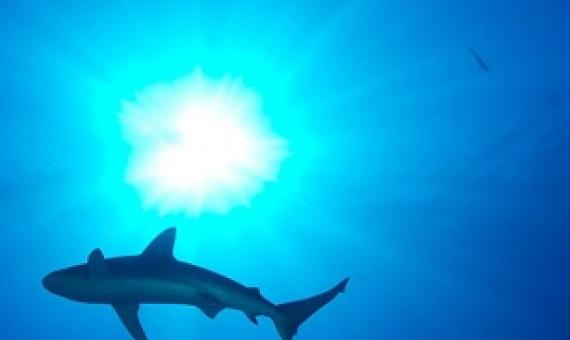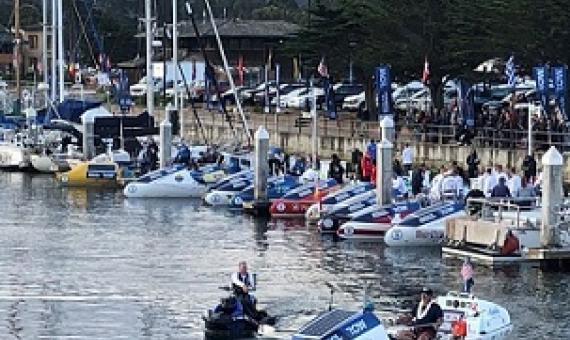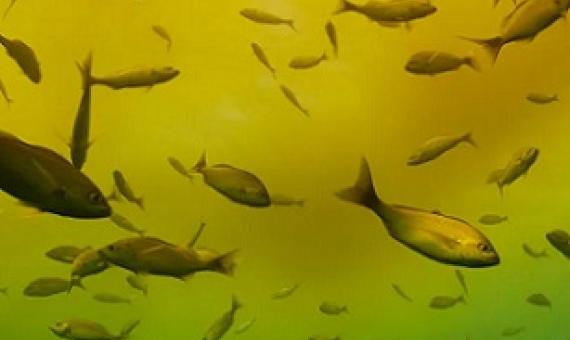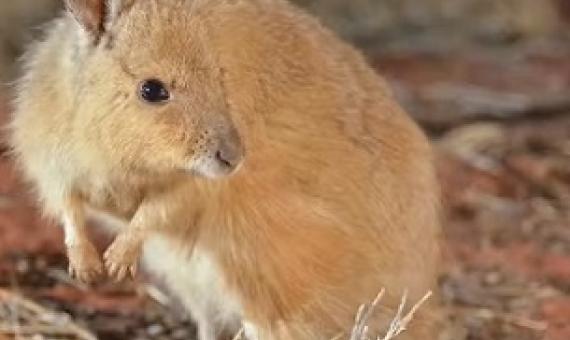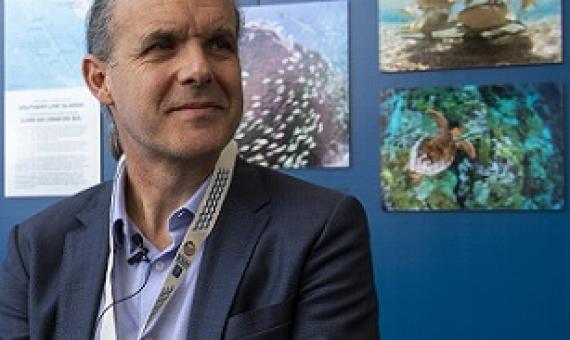A campaign is underway in Easter Island to raise awareness about the vulnerability of sea turtles that inhabit the island and its waters.
Video - Long Story Shorts: How Do Invasive Species Take Over?
Invasive species start as strangers in a strange land but over time come to dominate their new homes. The ocean has played host to some of the most prolific of these infiltrations of our time. So just how are these marine invaders able to adapt and thrive in new neighborhoods? This episode is part of our series Long Story Shorts—fun, quick explainers about all things coastal science!
Mangroves are a link between the land and the sea. Rooted in saline water and soils exposed to the tides, these plants form a rare and fragile universe; a haven of life that must be protected.
July 14 is Shark Awareness Day, an annual reminder to raise awareness of these incredible creatures that roam the oceans. Sharks and rays belong to a group of fish known as elasmobranchs, which includes over 1,200 species.
Fourteen rowing teams departed Monterey Harbor (in central California) this week for a rowing competition connecting the US West Coast with the Hawaiian Islands.
The real payoff from the Apollo missions had nothing to do with the moon. The prize was travelling far enough out into space to look back properly at planet Earth.
Last month, Sir David Attenborough called on United Kingdom residents to “go wild once per week”. By this, he meant taking actions which help rather than harm the natural world, such as planting wildflowers for bees and eating more plant-based foods. Australia should follow suit.
Video - Plastic Paradise (English Version) - Long
Every year, the amount of plastic waste entering aquatic ecosystems is estimated between 9-14 million tons and this projection could nearly triple to 23-37 million tons per year by 2040. A report by the Ellen MacArthur Foundation has revealed that there are now over 150 million tonnes of plastics in the oceans. That's about one tonne of plastics for every three tonnes of fish. If the trend continues, plastics will outweigh fish in the oceans by 2050. This results in risks to human health and well-being through ingestion of seafood and fish contaminated with plastics.
The tiny tropical archipelago of Palau feels enormous responsibility for the health of the ocean. It now compels all who visit it to share this as well.
Enric Sala is both a leading ocean explorer and a visionary. Originally an academic, he grew tired of “writing the obituary of ocean life”, and decided to start a new career finding ways to protect it.

